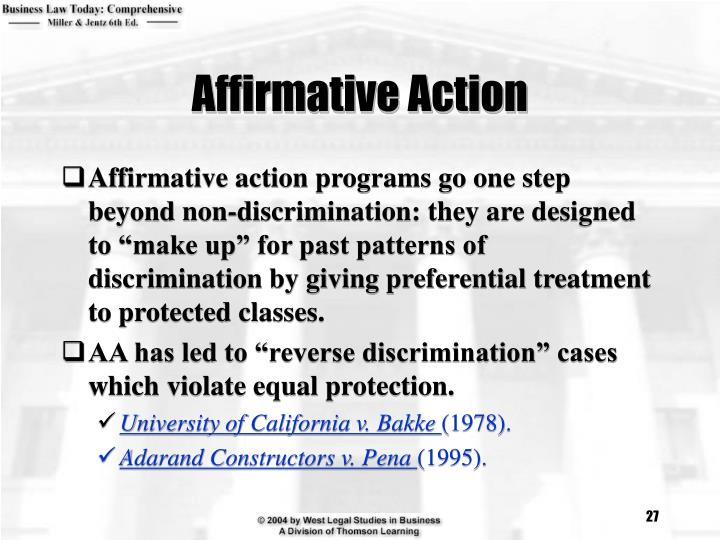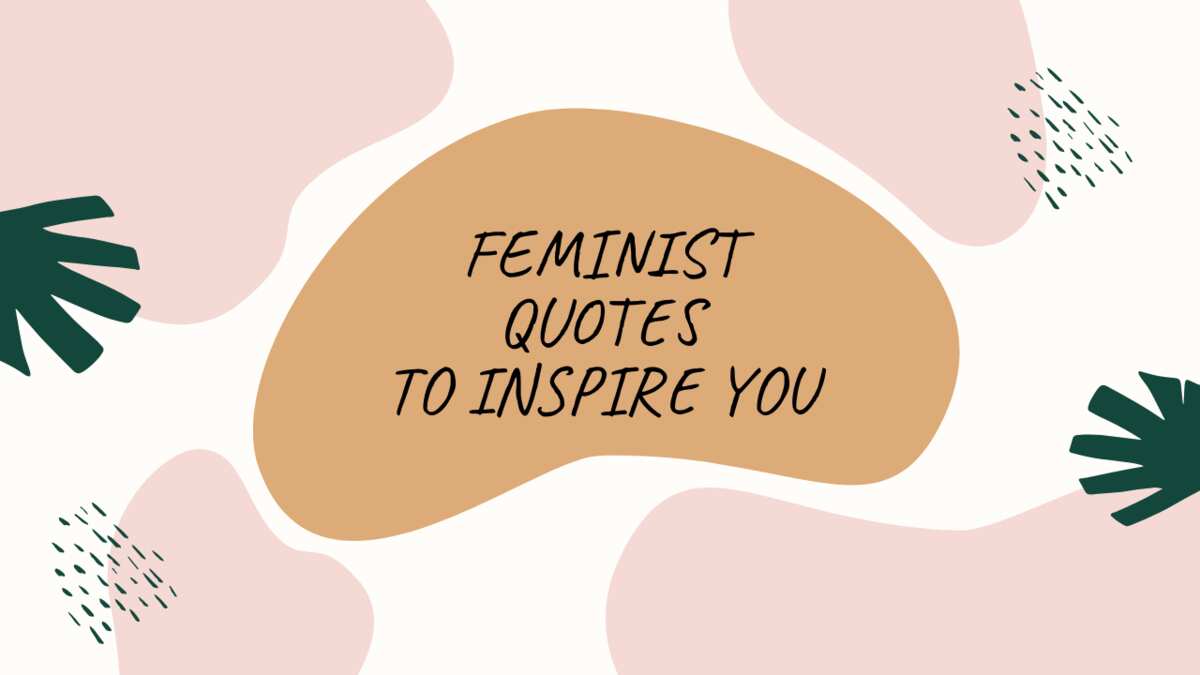

For example, Jim Wallis, president of the liberal religious organization Sojourners, has said that inequality in America - "a sin of biblical proportions" - necessitates a higher minimum wage, higher taxes on the rich, and increased welfare spending.īut though the gap between rich and poor may be widening, this obsession with inequality - and this preferred approach to mitigating it - are fundamentally counterproductive. Some religious figures have even used their moral concerns about inequality to justify the imposition of specific redistributionist economic policies. President Obama commonly uses the language of justice and equality to advance such an agenda - speaking, for instance, of "the injustice in the growing divide between Main Street and Wall Street." Other left-leaning politicians, commentators, economists, and activists say much the same. That perceived injustice in turn spurs support for redistributionist policies that are intended to make levels of prosperity more equal across society. Implicit in much of the critique of our income divide is the assumption that inequality per se is inherently unjust, and therefore that the gap between rich and poor is as well. Above all, they argue, it violates the cherished moral principle of equality. A growing income divide can foster bitterness and animosity between classes, threaten democracy, and destabilize the economy. And such growing inequality, some critics contend, is both practically and morally dangerous. They begin from a fact of the modern American economy, which is that, in recent decades, incomes among the poor have risen less quickly than have incomes among the wealthy.

Such concerns about inequality are not baseless, of course. Far too often, policymakers succumb to the argument that a widening gap between the richest and poorest Americans is the fundamental problem to be solved and that poverty is merely a symptom of that deeper flaw. This is a troubling figure, and it should certainly move us to act to help the poor as we strive to grow the economy.īut efforts to address poverty in America are frequently derailed by misguided ideology - in particular, by the notion that poverty is best understood through the lens of inequality. This fall, the Census Bureau reported that a record 46 million Americans - 15% of the population - were living below the poverty line. After a financial crisis, a deep recession, and a stalled recovery, it should be no surprise that poverty in America is on the rise.


 0 kommentar(er)
0 kommentar(er)
